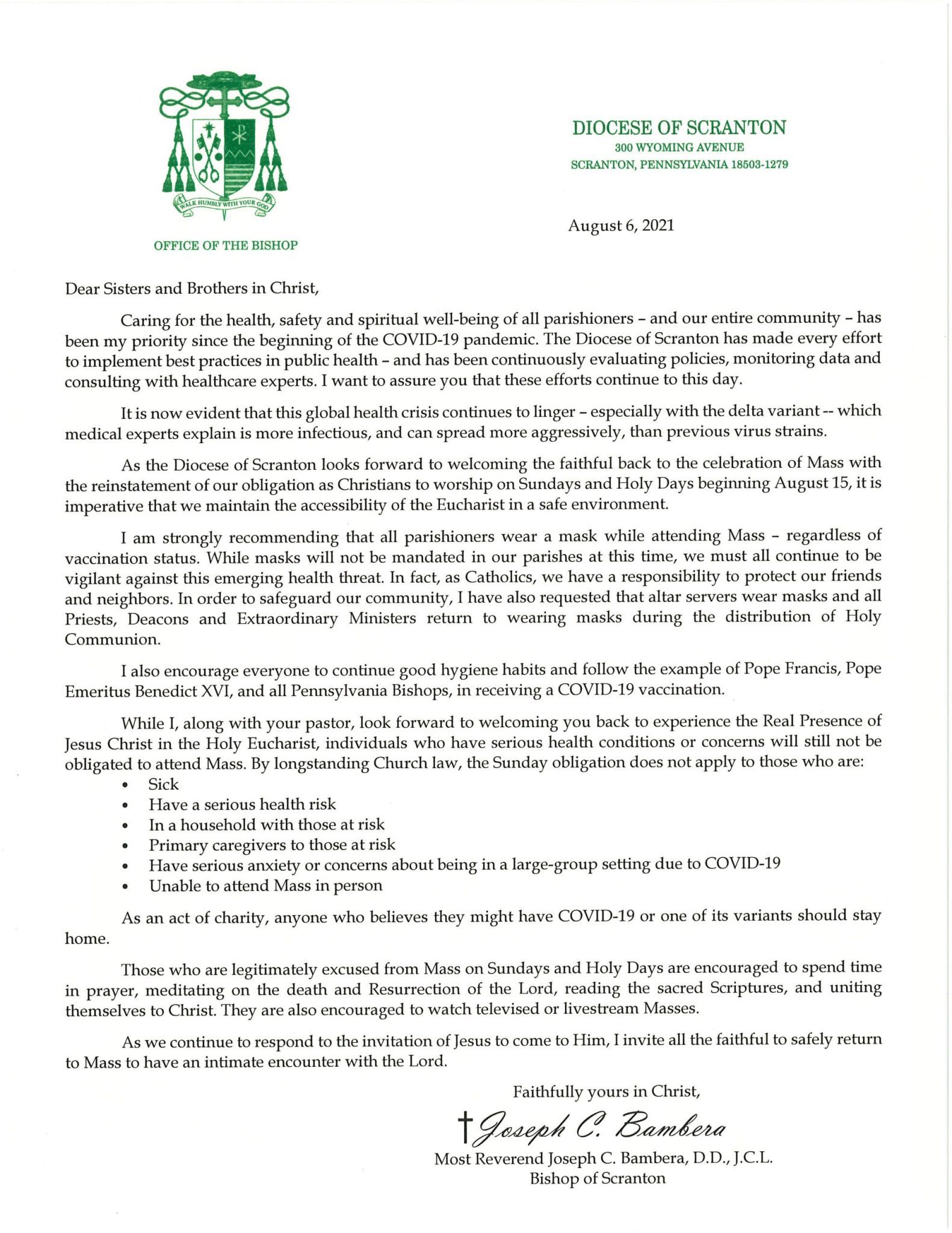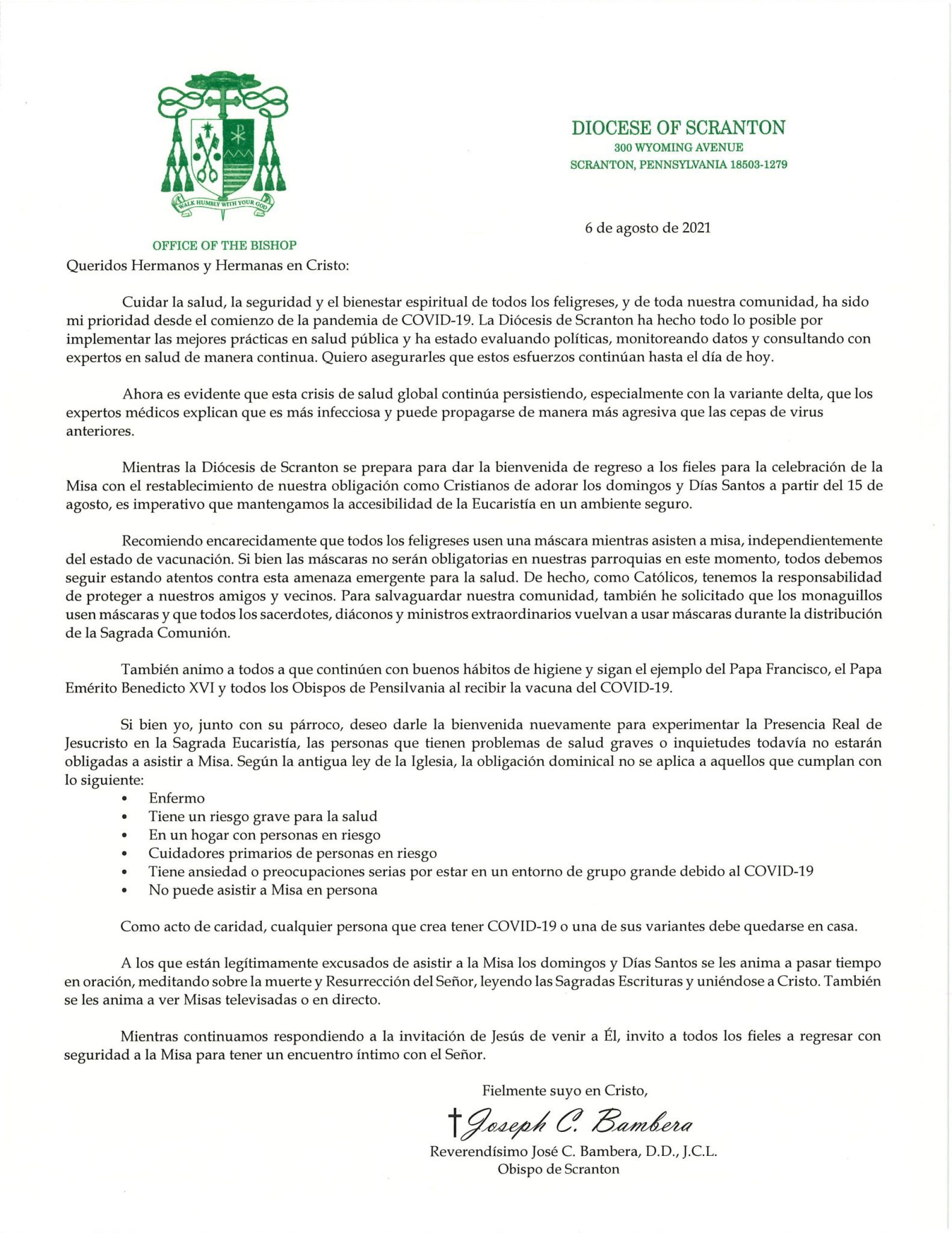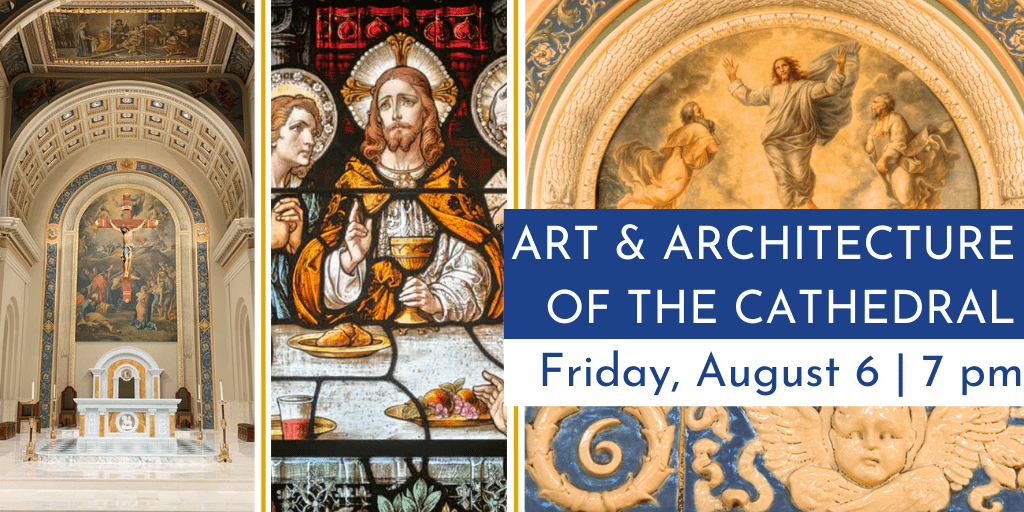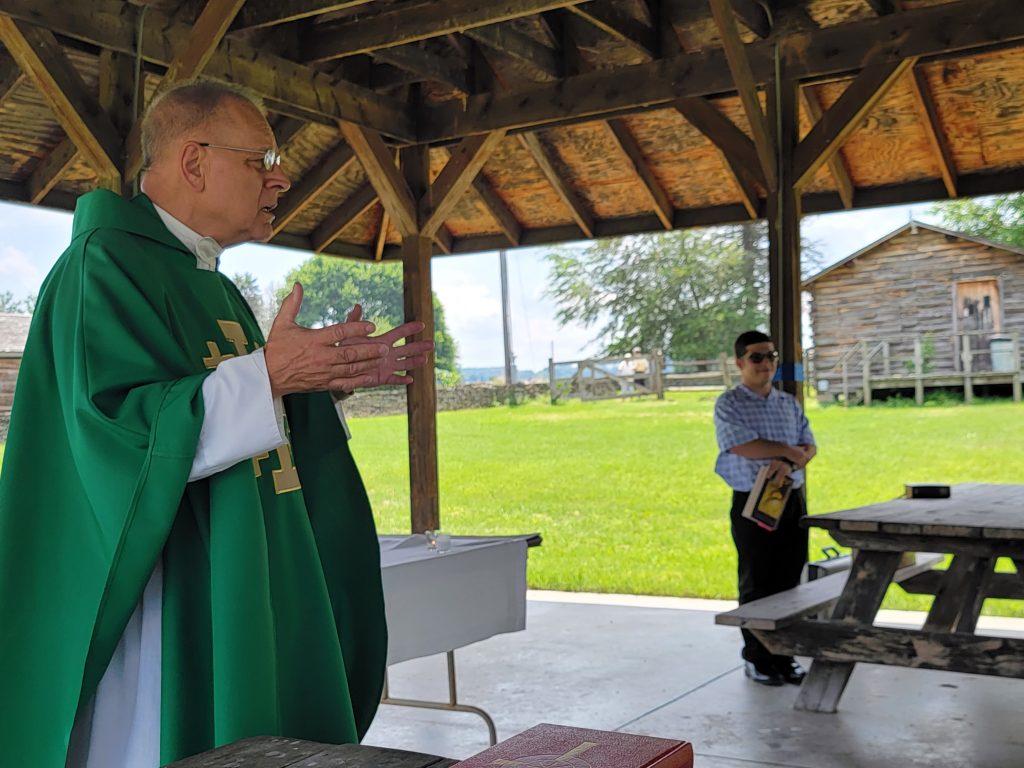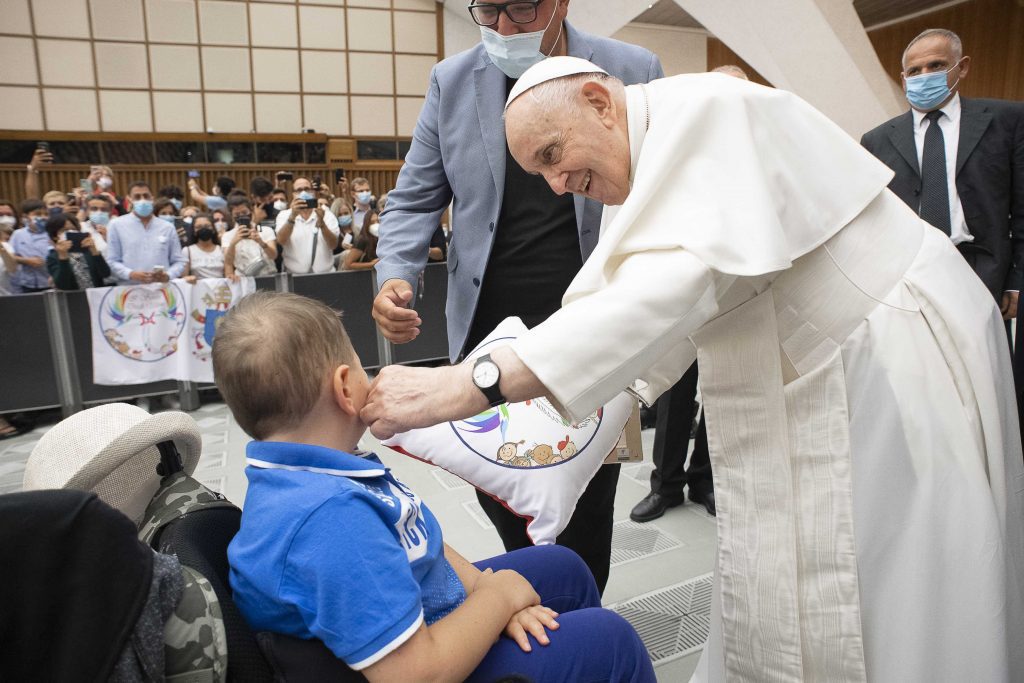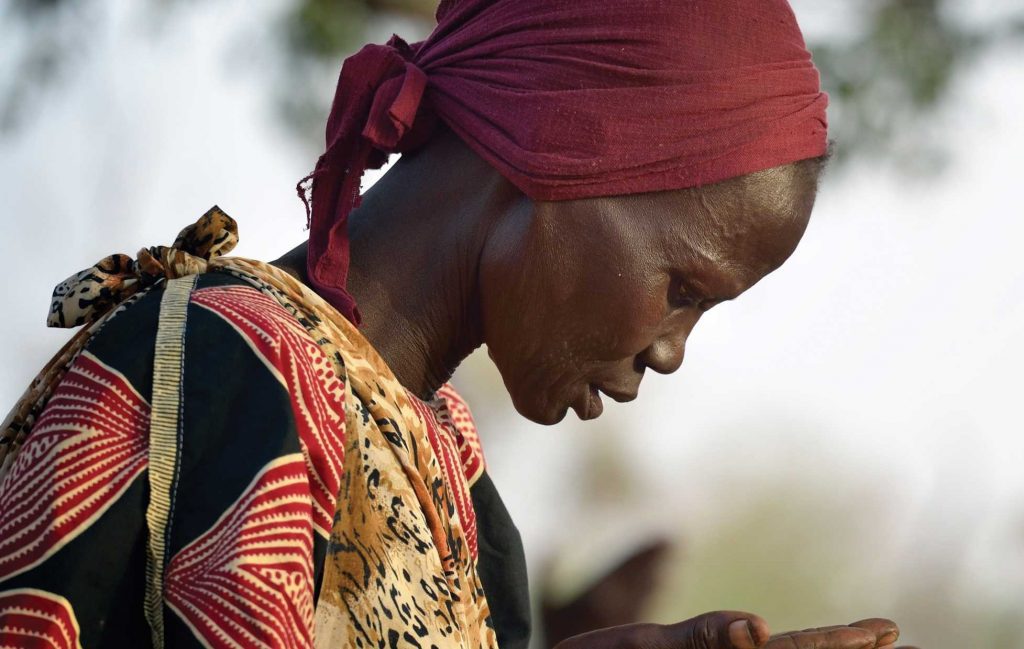WASHINGTON (CNS) – A U.S. District Court judge’s Aug. 9 ruling to block the Biden administration’s mandate that doctors and hospitals perform gender-transition procedures despite their own moral or medical objections is “a victory for common sense, conscience and sound medicine.”
That is the view of Luke Goodrich, vice president and senior counsel at the Becket Fund for Religious Liberty, based in Washington. He is the lead counsel for the plaintiffs in the case.
“Today’s ruling protects patients, aligns with current medical research, and ensures doctors aren’t forced to violate their religious beliefs and medical judgment,” he said about the ruling in Franciscan Alliance v. Becerra.
Franciscan Alliance, based in Mishawaka, Indiana, is a Catholic health care system now known as Franciscan Health that operates hospitals serving Indiana and one hospital in Illinois and employs over 18,000 full- and part-time employees. The defendant is Secretary Xavier Becerra of the U.S. Department of Health and Human Services.
On Aug. 9, Judge Reed O’Connor of the District Court for the Northern District of Texas in Wichita Falls blocked the HHS regulation — in its current form as proscribed by the Biden administration. It requires doctors to perform gender-transition procedures in children and adults or be held liable for discrimination.
The regulation, Section 1557 of the Affordable Care Act, was first issued in 2016 by HHS under the Obama administration.
In 2020, the Trump administration put in place a final rule that eliminated the general prohibition on discrimination based on gender identity and also adopted abortion and religious freedom exemptions for health care providers. But the courts blocked this rule change.
In 2021, shortly after he was inaugurated, President Joe Biden issued an executive order declaring his administration would apply in all areas — including the ACA — the ruling by the U.S. Supreme Court’s in Bostock in 2020 that discrimination based on sex outlawed Title VII of the Civil Rights Act of 1964 covers people who are gay or transgender.
“The Christian plaintiffs contend that violation of their statutory rights under RFRA (Religious Freedom Restoration Act) is an irreparable harm,” O’Connor said in his ruling.
“The court agrees,” he said, “and concludes that enforcement of the 2021 interpretation (of Section 1557) forces Christian plaintiffs to face civil penalties or to perform gender-transition procedures and abortions contrary to their religious beliefs — a quintessential irreparable injury.”
“The court grants plaintiffs’ request for a permanent injunction and permanently enjoins” HHS, Becerra and all HHS-related divisions, agencies and employees “from interpreting or enforcing Section 1557 of the Affordable Care Act.”
“Today’s decision rightly says the mandate violates federal law,” said Goodrich in a string of tweets. He noted “this is now the second federal court to block the mandate.”
He was referring to a Jan. 19 ruling by the U.S. District Court for the District of North Dakota in Fargo in a lawsuit filed on behalf of Franciscan Alliance/Franciscan Health, and the Christian Medical and Dental Associations. The states of Texas, Kansas, Kentucky, Nebraska and Wisconsin also joined in the suit.
The Biden administration filed an appeal April 20 with the U.S Court of Appeals for the 8th Circuit, based in St. Louis.
Goodrich tweeted that Franciscan Alliance/Franciscan Health’s hospitals and health care professionals “gladly serve all patients regardless of their sex or gender identity, yet were threatened with multimillion dollar penalties by a controversial HHS regulation if they refused to perform gender-transition procedures.”
“These religious doctors and hospitals joyfully serve ALL patients and routinely provide top-notch care to transgender patients. There is ample evidence, however, that some gender transition procedures can harm patients,” Goodrich said.
“Several federal circuits — including the 5th and 1st — have all reached the same conclusion: ‘There is no medical consensus that sex reassignment surgery is a necessary or even effective treatment for gender dysphoria.”


